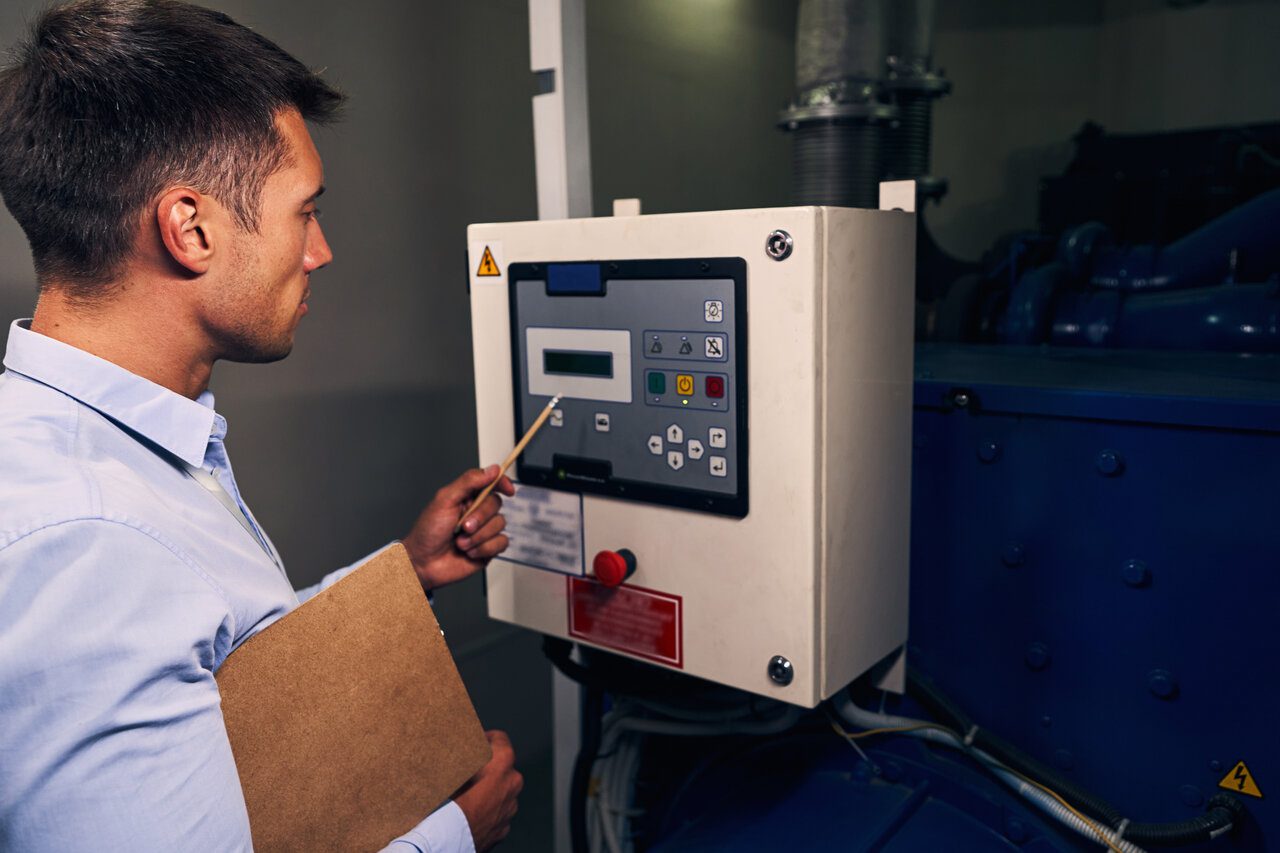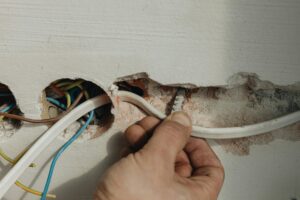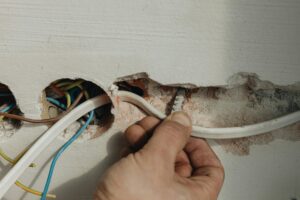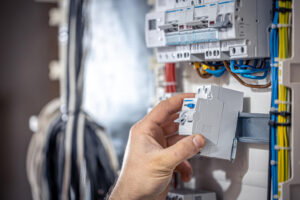
Power outages due to severe weather or unforeseen circumstances can significantly disrupt our daily lives and businesses. Installing a standby generator is a practical way to ensure uninterrupted power supply during these situations. In this ultimate guide, we will educate homeowners and businesses on the benefits, process, and best practices for generator installation and maintenance. Turner On Services’ qualified technicians, who are reliable experts in this field, can assist you through each step, ensuring the highest level of safety and performance. From deciding on the appropriate generator type and capacity to mastering essential maintenance tips, this comprehensive guide aims to empower you with the knowledge and confidence to make informed decisions when it comes to securing your property’s power supply and protecting your family or business operations against unforeseen outages.
Deciding on the Right Generator Type and Capacity
Selecting the right generator for your home or business is crucial for optimal performance and efficiency. There are two main types of generators to consider: portable and standby generators. Portable generators are less expensive and can be moved to different locations, while standby generators provide automatic backup power when needed. The following factors can help you determine the most suitable generator for your needs:
- Evaluate your power requirements by creating a list of essential appliances and devices that need to be powered during an outage, considering their combined wattage.
- Choose a generator with a capacity that matches or exceeds your estimated power requirements.
- Consider fuel type and availability, as generators can run on gasoline, diesel, propane, or natural gas.
- Take into account the noise level of the generator, which may affect your decision depending on your neighborhood or business location. Be sure to check local noise ordinances as well.
Professional Generator Installation Process
Proper installation of your generator is essential to ensure safe and efficient operation. Hiring a qualified technician, like those at Turner On Services, guarantees the process is completed correctly, following all guidelines and regulations. Here is an overview of the professional generator installation process:
- First, the technician will conduct a site evaluation to determine the best location for the generator, considering factors like distance from the building, exhaust venting, and fuel accessibility.
- A concrete pad or gravel base is then prepared to support the weight of the generator and ensure stable positioning.
- The generator is installed, and all necessary components (automatic transfer switch, fuel supply, electrical connections) are securely connected.
- Proper grounding and bonding are established following the National Electrical Code (NEC) standards.
- Ultimately, the technician tests the generator to ensure it functions as intended and provides a walkthrough of its operation and maintenance requirements.
Adhering to Local Codes and Regulations
Respecting local codes and regulations is essential for safe and legally compliant generator installation. An experienced contractor, like Turner On Services , ensures compliance with necessary permits, zoning laws, and building codes. Here are some potential regulations to consider:
- Building codes dictate structural requirements and safety measures.
- Zoning regulations may impact where a generator can be installed on your property or impose restrictions on noise levels.
- Local fire codes may regulate fuel storage and generator clearances from combustible material.
- Electrical codes, such as the National Electrical Code (NEC), govern wiring and grounding practices.
Essential Generator Maintenance for Peak Performance
Regular generator maintenance is vital to ensure its reliability during power outages and extend its lifespan. A well-maintained generator performs more efficiently and encounters fewer breakdowns. The following are key maintenance tasks for generator upkeep:
- Check and change oil: Most generators require an oil change after 50 to 200 hours of initial use and then every 100 hours of runtime thereafter. Proper oil levels should be maintained to ensure optimal engine performance.
- Inspect the air filter: A clean air filter is crucial for efficient fuel combustion. Inspect the filter regularly and replace it when necessary (typically once per year).
- Replace spark plugs: Spark plugs play an important role in starting the engine. Replace them as specified by the manufacturer, usually every 100 hours of use or annually.
- Exercise the generator: Running the generator periodically, even without a power outage, helps to identify any issues and keeps the system ready for operation. Schedule a monthly test run of the generator at full load for about 30 minutes.
- Annual professional inspection: Arrange for a qualified technician to inspect your generator annually, checking for any mechanical issues, worn components, or required adjustments.
Understanding Warranties and Extended Service Plans
Generators typically come with manufacturer warranties that cover the cost of parts and labor for repairs due to defects or malfunctions. These warranties often have a limited duration and may require regular maintenance to stay valid. In addition to the manufacturer’s warranty, an extended service plan or maintenance agreement can provide added protection and peace of mind. These plans usually cover:
- Regular preventative maintenance visits with inspections, adjustments, and parts replacements.
- 24/7 emergency support.
- Priority scheduling for service visits.
By following this comprehensive guide, you can confidently navigate the process of generator installation and maintenance, ensuring the security and resilience of your home or business during power outages. Trusting Turner On Services’ qualified technicians guarantees the safest and most efficient practices are employed, so you can enjoy continuous power supply and ultimate peace of mind.
Securing Reliable Power with Turner On Services
Investing in a generator provides year-round peace of mind by ensuring uninterrupted power supply during outages. Selecting the right generator, adhering to local codes, utilizing professional installation, and performing regular maintenance are all critical steps that contribute to the reliability and efficiency of your generator. Trust the expert technicians at Turner On Services to guide you through generator installation and maintenance, safeguarding your home or business against the inconveniences of power disruptions.
Schedule a consultation with Turner On Services today to discuss your generator needs. Our knowledgeable team is ready to help you choose the ideal generator and provide top-notch installation and maintenance services. Contact us today and let our Anderson Township electricians help you secure reliable power for your home or business.







No comment yet, add your voice below!